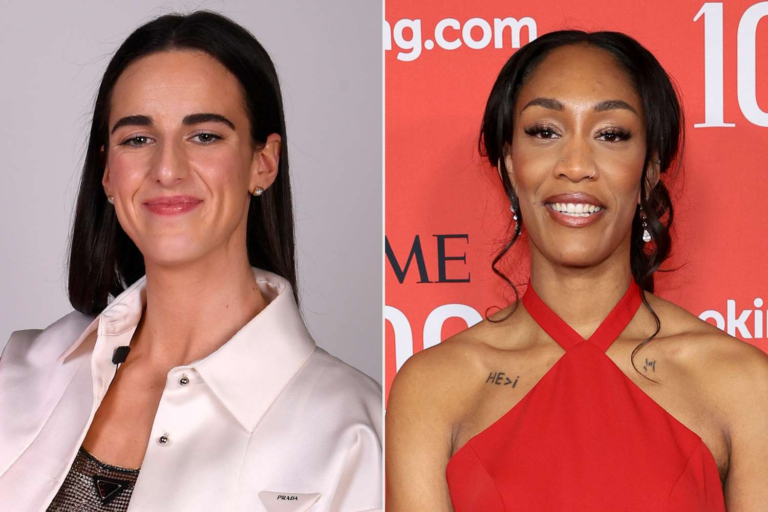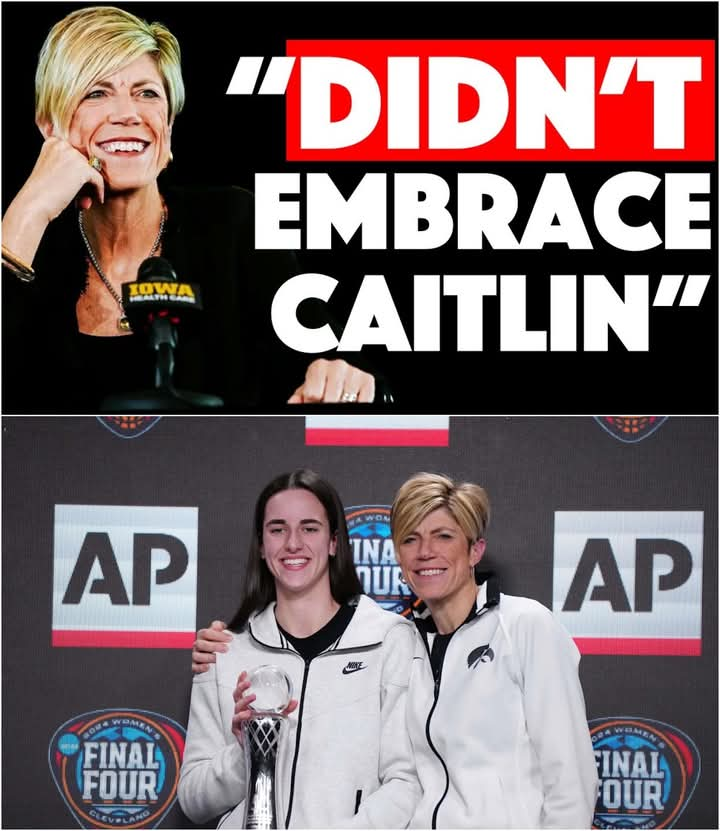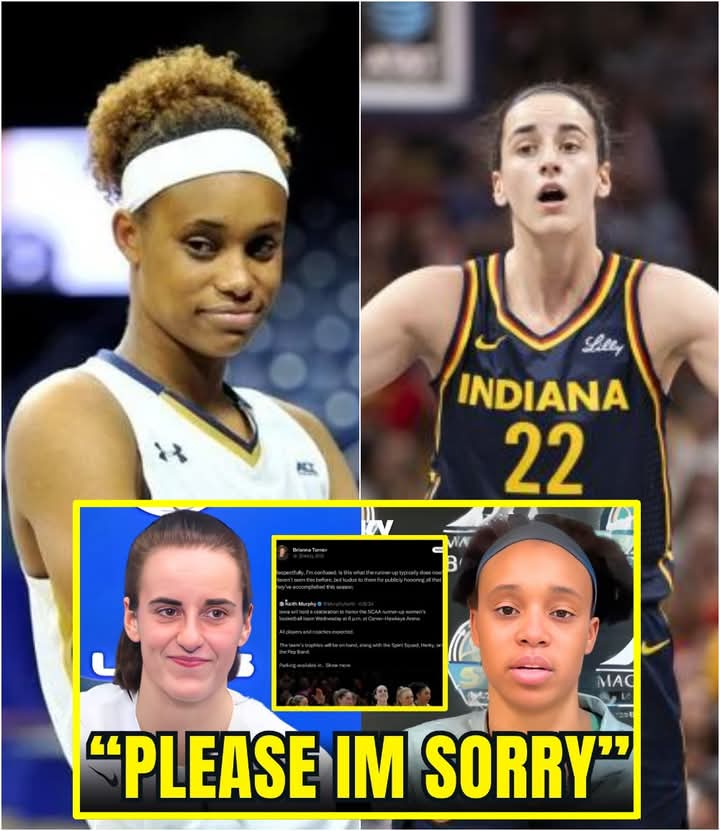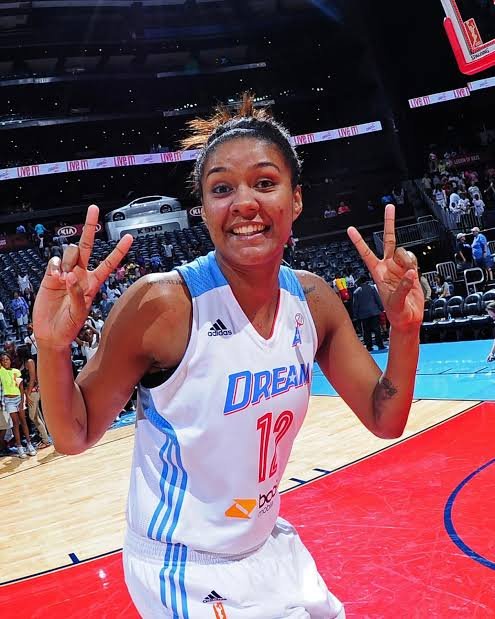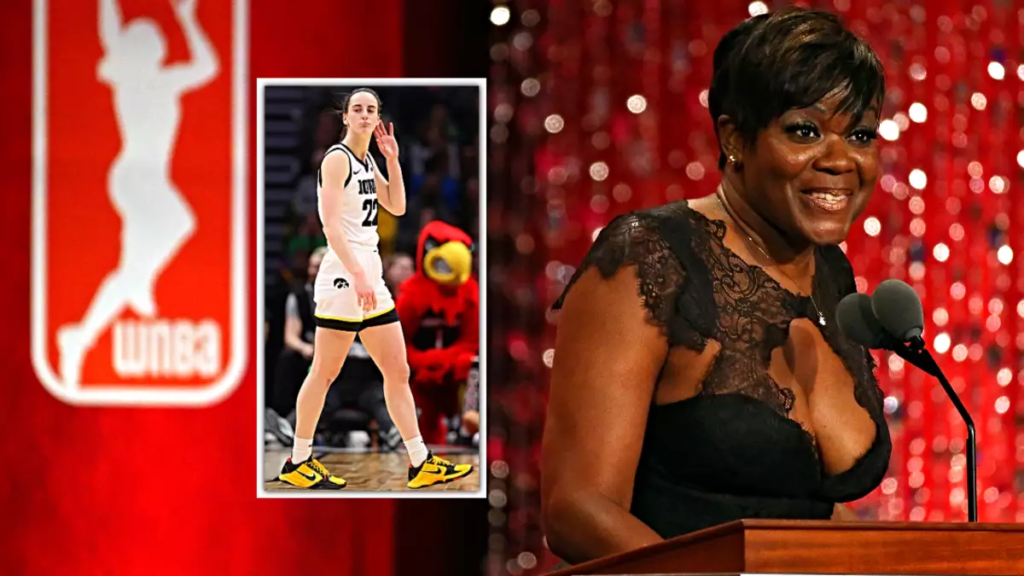
Sheryl Swoopes, a WNBA legend and Hall of Famer, has responded sharply to sports commentator Rob Parker’s recent remarks in favor of Caitlin Clark. Parker, known for his strong opinions, defended Clark amid ongoing debates about her impact on the WNBA. He argued that Clark’s popularity has significantly boosted the league’s viewership and marketability, emphasizing that her presence is a game-changer. However, Swoopes took issue with his framing, suggesting that his comments overlooked the contributions of past and present WNBA players who paved the way for the league’s success.
Swoopes, a four-time WNBA champion and three-time league MVP, took to social media to challenge Parker’s perspective. She pointed out that while Clark is undoubtedly a phenomenal talent, attributing the WNBA’s growth solely to her is dismissive of the league’s rich history. “Caitlin Clark is great, no doubt. But let’s not act like the WNBA just started thriving because of one player,” Swoopes wrote. She emphasized that legends like Lisa Leslie, Tamika Catchings, and Diana Taurasi have been instrumental in the league’s expansion and that the current generation of stars, including A’ja Wilson and Breanna Stewart, continues to elevate the game.
The debate surrounding Clark’s impact has been a hot topic in sports media, with some analysts arguing that she deserves recognition for bringing unprecedented attention to women’s basketball. Parker doubled down on his stance, stating that Clark’s fanbase and media appeal are unlike anything the league has seen before. However, Swoopes and many others in the WNBA community believe that such takes diminish the years of hard work put in by female athletes who fought for visibility long before Clark’s arrival. They argue that the WNBA’s growth is a collective effort rather than the result of one individual’s success.
Swoopes also addressed the racial dynamics at play in the conversation. She noted that while Clark’s achievements are extraordinary, the media’s overwhelming focus on her could be sidelining the contributions of Black players who have dominated the league for decades. This sentiment has been echoed by several former and current WNBA players, who argue that the league has historically struggled to market its Black superstars with the same enthusiasm seen in Clark’s case. The discussion has reignited conversations about media bias and the importance of equitable recognition in women’s sports.
The back-and-forth between Swoopes and Parker highlights a broader issue within sports commentary—how narratives are shaped and who gets credit for a league’s success. While Clark’s influence is undeniable, dismissing the decades of effort by WNBA pioneers risks rewriting history. As the league continues to grow, many believe the focus should remain on celebrating all players who contribute to its success rather than centering the conversation on one individual.

